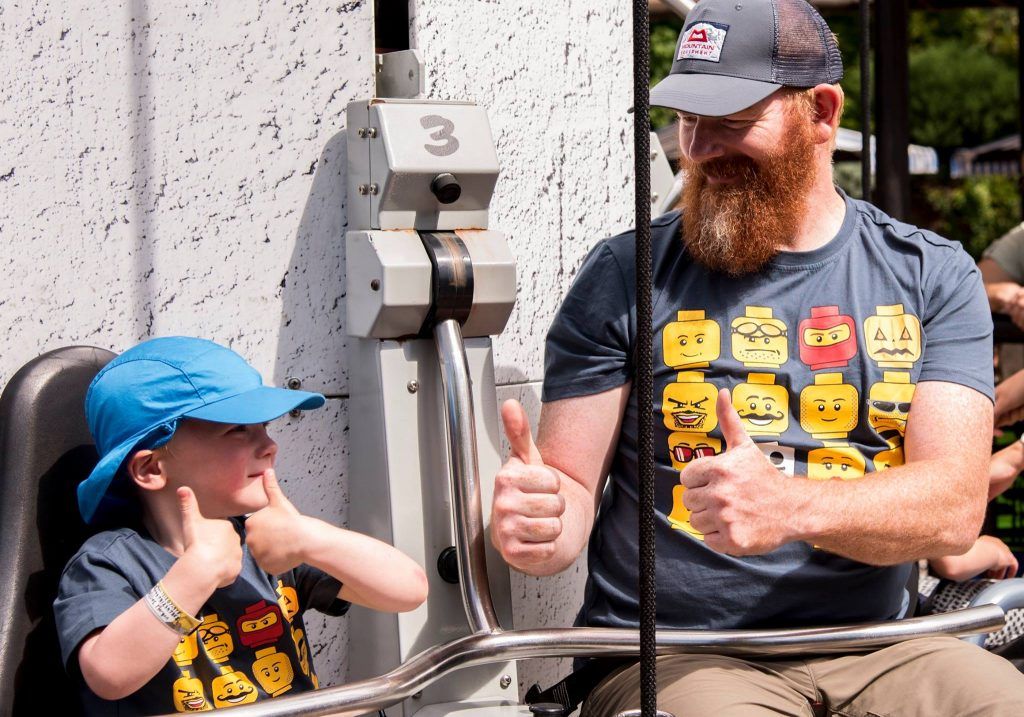The Danish amusement park Legoland has drawn criticism for its system that allows the children of wealthy patrons to pay extra to skip queues to rides.
An entrance ticket to the park costs 339 kroner, but for an additional 599 kroner guests don’t have to wait in line to enjoy eleven of the park’s most popular rides.
Last year, the paper editions of the queue pass were changed to a small bot, called the Q-bot, which guests bring with them to jump the queues.
The Legoland press officer, Julie Sloth Blumensaat, said the amusement park has had the system for a long time and that there has never been an issue before.
“We have a demand for it, so that’s why we sell it. It’s primarily foreign guests who buy the Q-bots,” Blumensaat told BT tabloid.
“This isn’t something we’ve had problems with in the park before. It doesn’t impact our guests and it doesn’t really mean that much. You won’t feel like you’re missing out on a turn because you don’t have a Q-bot. We’ve had the system for a long time and we will continue to do so in the future.”
READ MORE: Lego brand value continues to skyrocket in 2017
No bother with Q-bot
Legoland sells three kinds of Q-bots: silver, gold and platinum.
The silver costs 149 kroner and allows the customer to reserve a time for one of the eleven rides, while the gold costs 299 kroner and allows the guest to navigate the queue 50 percent faster via the Q-bot, enabling them to join the queue, find out the expected wait and to return when it’s their turn. The 599 kroner platinum bot gives direct access to the front of the queue.
According to Blumensaat, Q-bots are used by guests for less than 1 percent of the total number of rides taken and can only be rented on specific days – particularly during holidays and the peak season.















